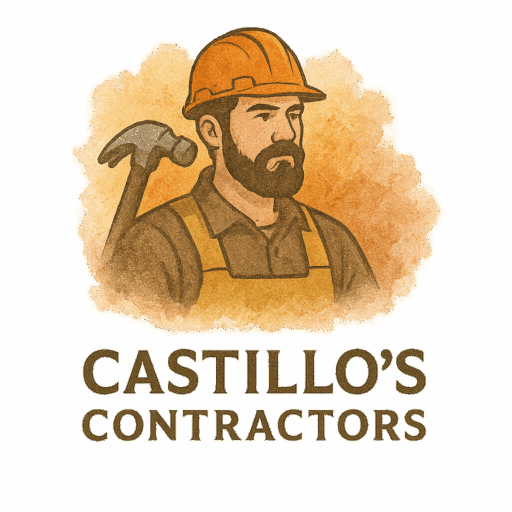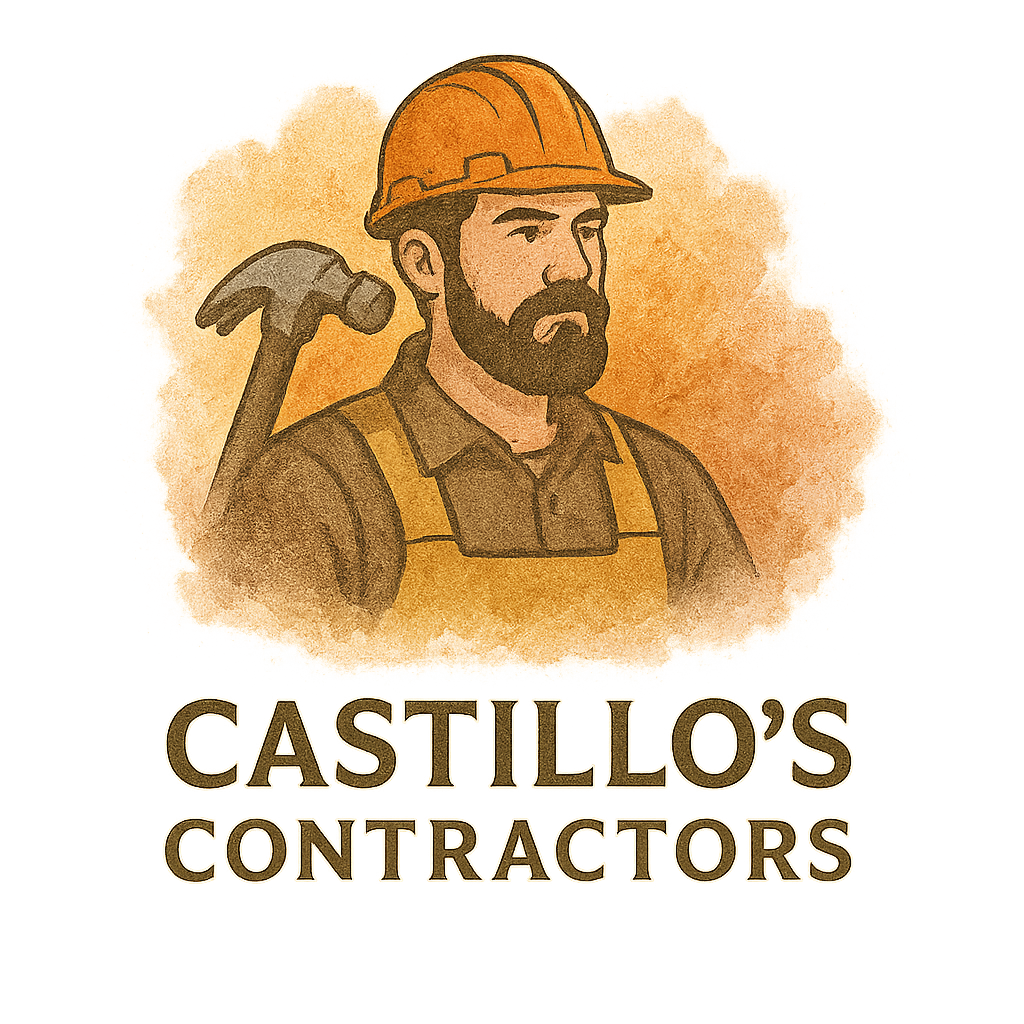Why Budgeting Matters in Commercial Construction Budgeting isn’t just about crunching numbers—it’s the heartbeat of every successful commercial project. A smart budget helps keep the project on track, avoids cost overruns, and ensures the vision is delivered without draining resources.
The Role of Experienced Commercial Contractors Working with experienced commercial contractors can mean the difference between success and failure. They bring not only craftsmanship but also budgeting expertise that stems from years of managing projects.
Tip #1: Start with a Detailed Project Scope Before laying the first brick, define every detail—deliverables, timelines, square footage, materials, permits. The more defined the scope, the more accurate your budget.
What Happens When You Skip This Step You risk budget bloat. Vague scopes lead to assumptions and surprise costs later. Our construction tips page covers how to outline effective scopes.
Tip #2: Prioritize Must-Haves vs. Nice-to-Haves Want that luxury flooring? Great, but make sure it fits the essential budget first. Divide features into essentials vs. bonuses.
Creating a Tiered Budget Plan Start with your base must-haves budget. Then, create an “if-then” plan: if savings occur, then add the nice-to-haves.
Tip #3: Get Multiple Bids from Subcontractors Don’t just go with the first quote. Experienced commercial contractors recommend gathering at least 3 bids.
How to Evaluate Contractor Bids Fairly Compare apples to apples. Make sure all bids include similar services, materials, and timelines.

Tip #4: Include a Contingency Fund Unexpected issues are the only guarantee in construction. Allocate 10-15% of your budget to contingency.
Best Practices for Allocating Contingency Funds Use it only for true surprises: weather delays, price surges, or hidden structural issues—not wish list upgrades.
Tip #5: Track Expenses in Real-Time Use software or spreadsheets to track every expense. Weekly updates are a must.
Tools Commercial Contractors Use to Stay on Budget Apps like Buildertrend, CoConstruct, or QuickBooks are industry favorites. Check out our hiring management guide for more tools.
Tip #6: Avoid Scope Creep at All Costs Scope creep—those sneaky additions—are budget killers. Stick to the plan!
Communicating Scope Boundaries Clearly Define what’s in vs. out, and make it clear in every contract. For more contractor tips, visit our blog.
Tip #7: Understand Material Market Fluctuations Steel, lumber, and concrete prices can spike overnight. Know the trends and plan accordingly.
Strategies to Lock in Pricing Bulk orders, early purchase agreements, and supplier relationships help control pricing.
Tip #8: Break the Project into Phases Instead of tackling the whole build at once, phase it out. Design -> Site Work -> Shell -> Interiors.
Why Phasing Helps with Budget Control It lets you assess and adjust after each phase—spotting budget issues before they spiral.
Tip #9: Review Contracts Carefully Contracts aren’t just legal jargon—they’re budget blueprints.
Key Clauses to Watch For in Commercial Construction Contracts Look for payment schedules, scope definition, change order processes, and termination rights.
Tip #10: Hire the Right Team Great budgeting requires a reliable crew. Choose contractors who are clear communicators and proven performers.
Choosing Experienced and Reliable Contractors Use reviews, referrals, and past projects to vet candidates. Residential contractors and commercial pros alike can make or break your project.
Conclusion: Build Smarter with a Strong Budgeting Strategy Budgeting isn’t about being cheap—it’s about being smart. By using these 10 tips and working with experienced expert contractors, you can build with confidence, avoid budget busters, and achieve a flawless build.
FAQs
1. What is the best way to avoid scope creep in commercial projects? Stick to a detailed plan, get sign-offs on changes, and use change orders religiously.
2. How much should I budget for contingencies? Aim for 10-15% of your total project budget.
3. Why are multiple bids from subcontractors important? They give you a price range and insight into market rates, helping avoid overpaying.
4. Can phasing a project really save money? Yes! It lets you adjust as you go, avoiding major mid-project changes.
5. What tools do commercial contractors use to manage budgets? Buildertrend, CoConstruct, QuickBooks, and Microsoft Excel are top picks.
6. How do material price fluctuations affect budgeting? They can cause massive swings in costs. Lock in prices when possible.
7. Where can I find more budgeting tips? Visit our construction tips blog for more in-depth advice.


